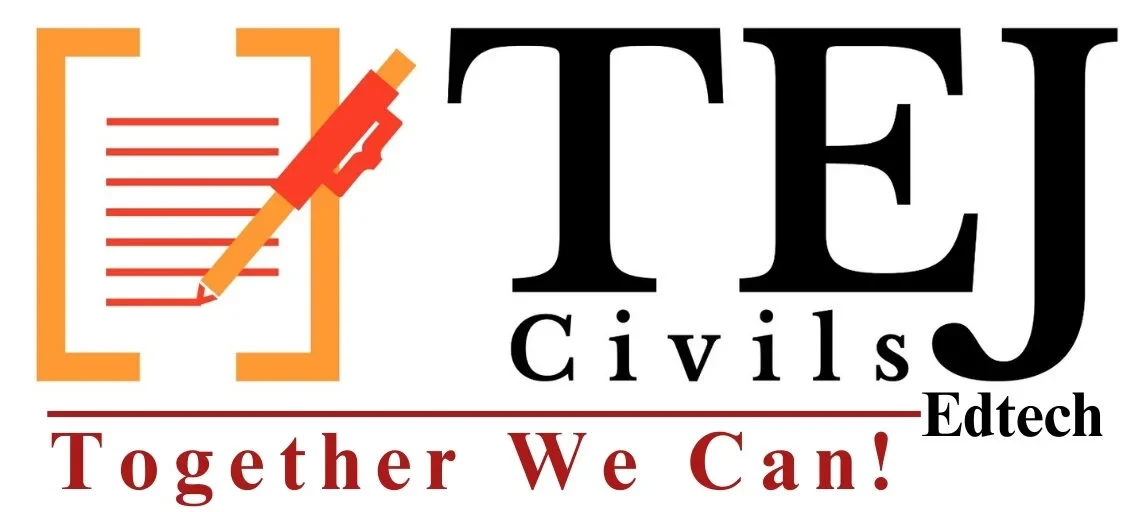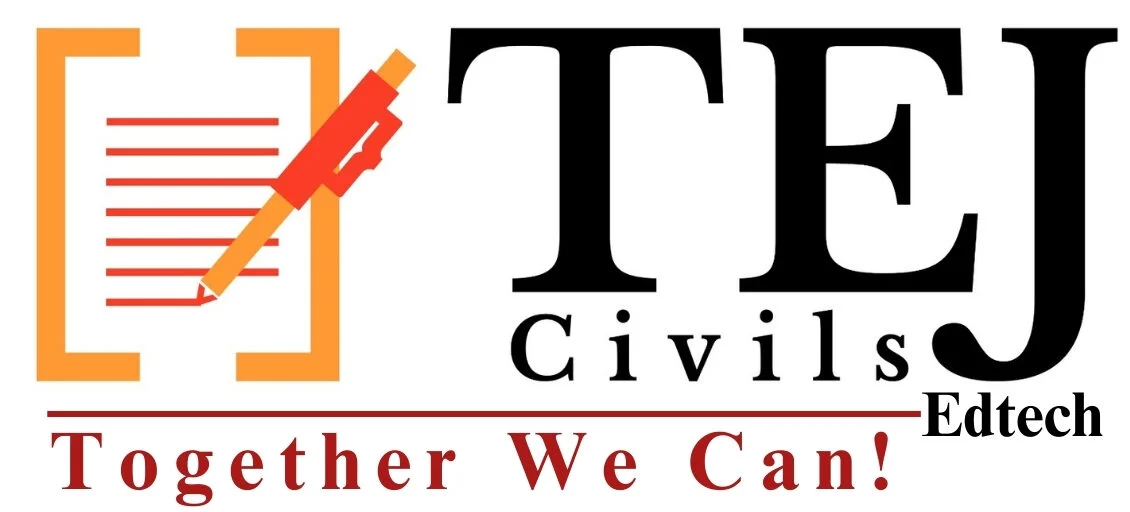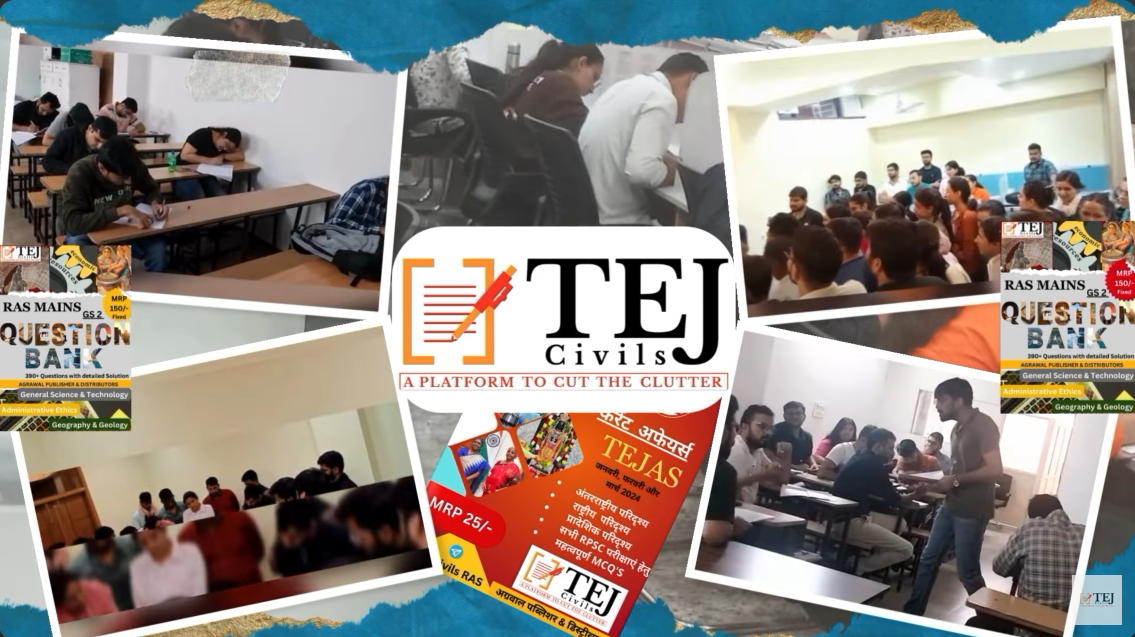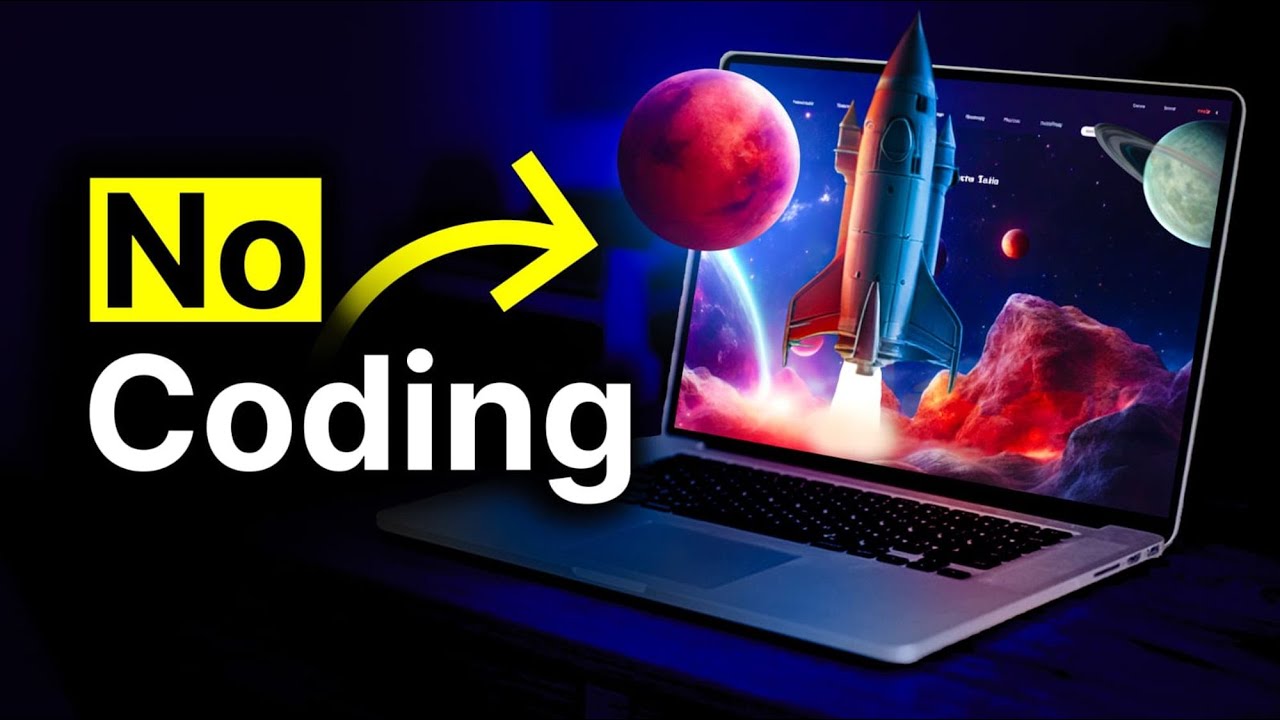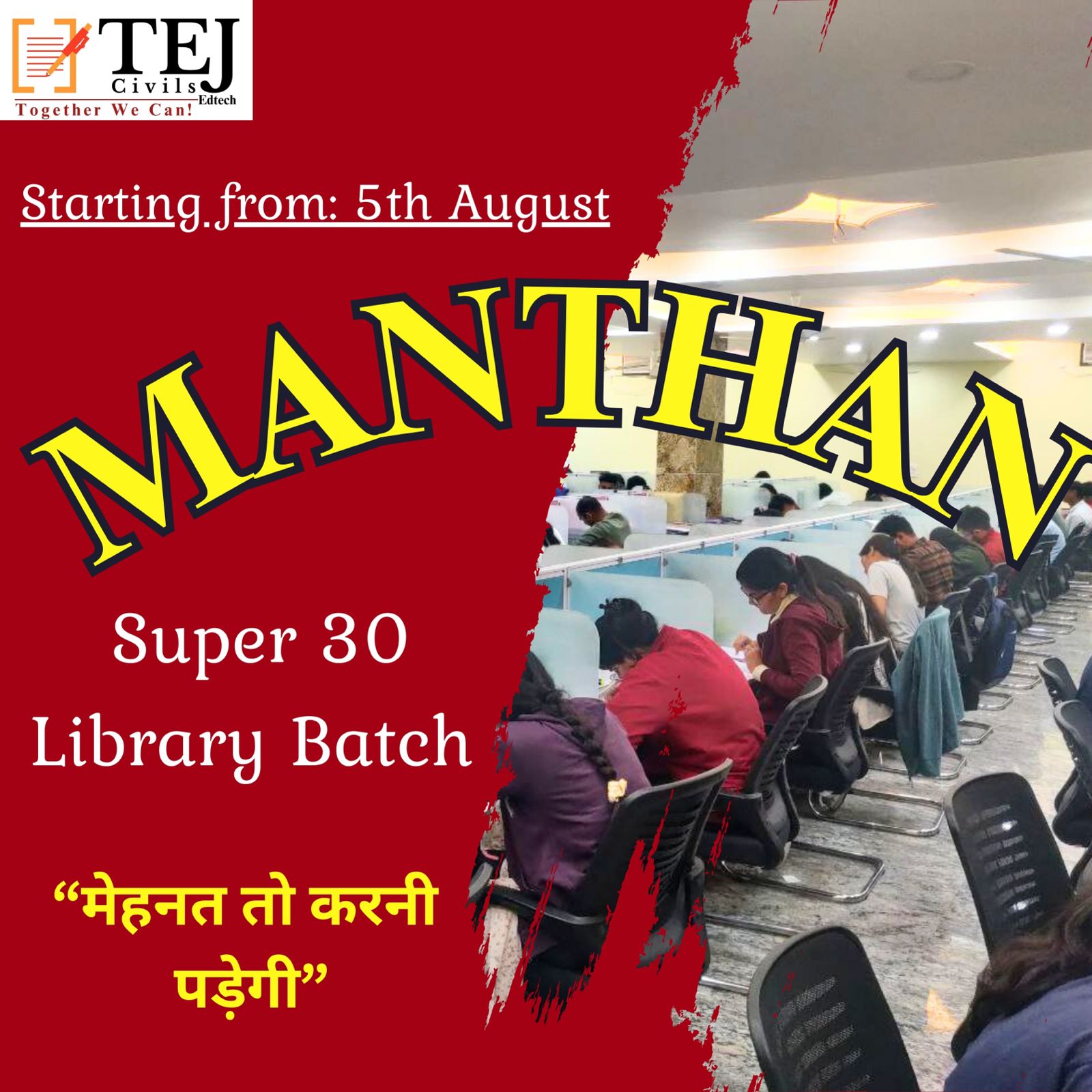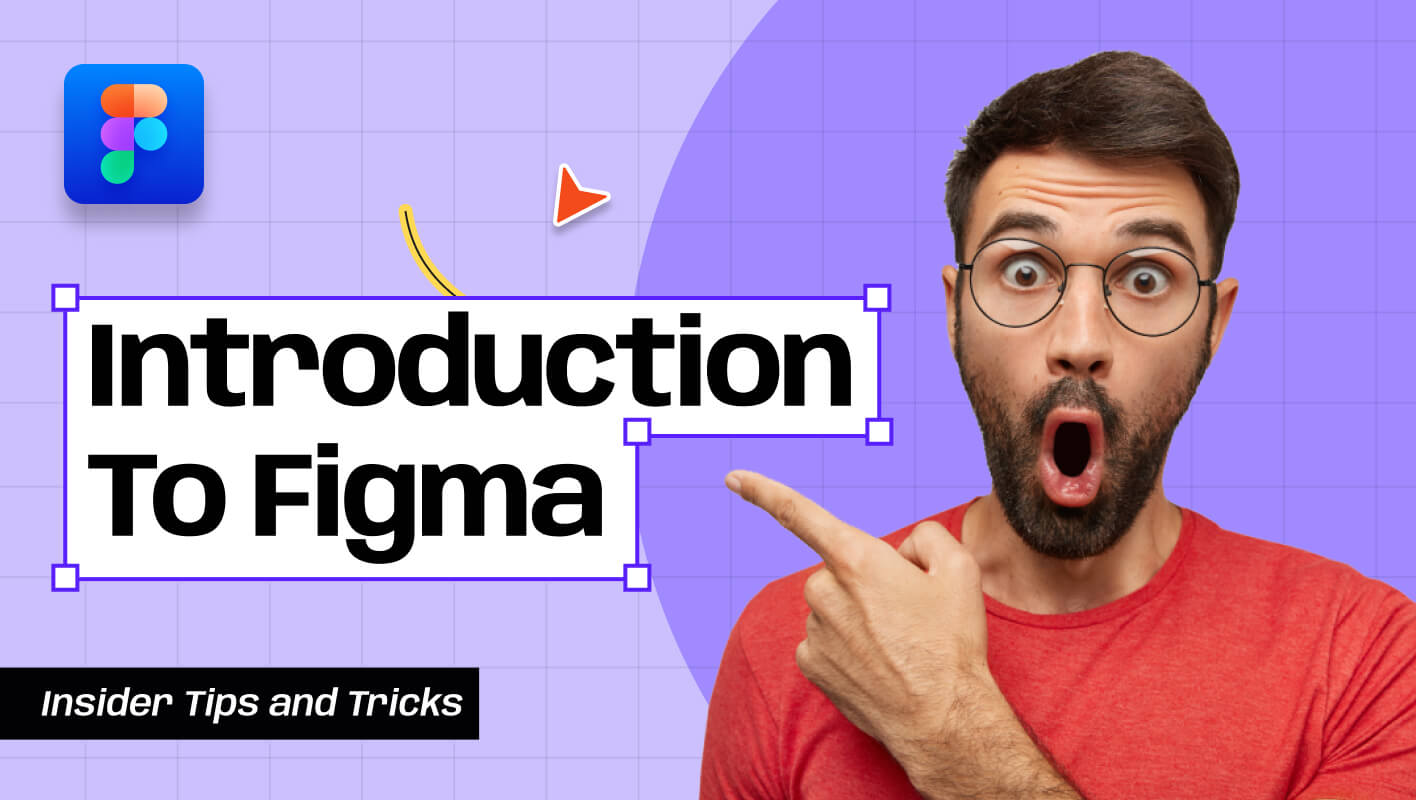Emergency Provisions in the Indian Constitution
Recent Violence in Manipur: Emergency Provisions and Centre-State Relations
The recent violence in Manipur has reignited debate on Centre-State relations and the use of emergency provisions under Articles 355 and 356 of the Indian Constitution.
Emergency Provisions: Articles 355 & 356
- Article 355: Centre to protect States from internal disturbances; ensure States function constitutionally.
- Article 356: Imposition of President’s Rule if the State's government fails to function constitutionally.
Application to Manipur Situation:
- Severity: Widespread violence may justify emergency provisions.
- President’s Rule: Not imposed, raising concerns.
- Article 355: Centre’s actions under Article 355, but effectiveness questioned.
Judicial Views:
- S R Bommai Case (1994): Restricted misuse of Article 356; must be for breakdown of constitutional machinery, not just law and order issues.
- Article 355: Expanded scope, allowing broader Union actions to ensure constitutional governance.
Recommendations:
- Sarkaria Commission (1987): Article 356 should be used rarely, as a last resort.
- National Commission (2002) & Punchhi Commission (2010): Article 355 requires Union action; President's Rule as last resort. Punchhi Commission suggests localized emergency provisions.
President’s Rule (Article 356) vs National Emergency (Article 352)
President’s Rule:
- Proclamation Basis: State government’s failure to function constitutionally.
- Operation: State executive is dismissed; state legislature is suspended/dissolved.
- Administration: Center administers through the governor; Parliament makes laws for the state.
- Duration: Maximum of 3 years; must end and restore normal machinery.
- Approval: Resolution by simple majority.
- Fundamental Rights: No effect.
- Revocation: By President alone.
National Emergency:
- Proclamation Basis: Threat to security by war, external aggression, or armed rebellion.
- Operation: State executive and legislature continue functioning.
- Administration: Center gains concurrent powers; Parliament cannot delegate law-making.
- Duration: Indefinite; continued with Parliament’s approval every 6 months.
- Approval: Resolution by special majority.
- Fundamental Rights: Affects fundamental rights.
- Revocation: Lok Sabha can pass a resolution for revocation.
